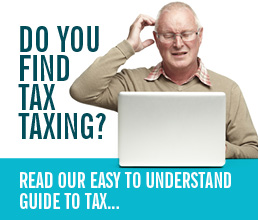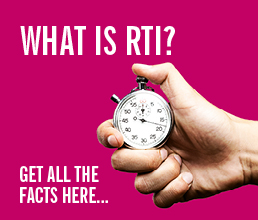Running a Property Income Business
(incomes from property rentals)
Renting a property is a business, and must be run as such, complying with HMRC rules and regulations regarding notification and reporting, keeping accounts, and paying tax through Self-Assessment, on profits received in the course of the tax year 6 April to 5 April. The one piece of good news is that National Insurance is not charged on profits from property rentals from;
- Furnished and unfurnished lettings
- Furnished holiday lettings income (effectively treated as trading income for most tax purposes
- Money received from a tenant or licensee for the use of furniture
- Rents for static caravans in the UK and for permanently moored houseboats
Claiming Expenses
Furthermore, deposits charges to tenants do not count as income as long as they are refundable when the tenant leaves the property.
You are also allowed to claim expenses if you incurred in relation to the property rental, such as;
- Advertising: You can deduct costs of advertising for tenants.
- Council Tax: You can deduct the council tax you pay relating to the property from your profits for income tax purposes.
- Legal Fees: You can claim fees such as solicitor fees for the costs of chasing up outstanding rents, and any expenses you incur by taking tenants to court. You can’t deduct fees for buying or selling the property.
- Loan Interest: You can offset the mortgage interest (not the capital amount you borrowed and must repay) of a buy-to-let property against the rental income you receive (usually the biggest single item that you can set against rental income). You can also offset interest from a personal loan you raise wholly and exclusively for the property – for example, you may deduct the interest on a loan you raised to cover the 20 per cent deposit on your buy-to-let mortgage.
- Management Expenses: You can deduct the costs of contracting someone to manage your property, or if you use a management agent.
- Professional Fees: You can deduct valuations for insurance purposes and accountancy fees for preparing the letting business accounts. But you can’t claim for architects’ and surveyors’ fees for improving a property, or for planning applications (unless for permission to carry out repairs on a listed building).
- Repairs, Maintenance, and Insurance: You can claim for any costs you incur that relate to the property (or properties), from gardeners and window cleaners to plumbers and electricians. As well as the buildings and contents insurance, you can also include contracts for the maintenance of central-heating systems or drainage. Although you can’t offset the costs of upgrades to the property, you can claim for replacing single-glazed windows with double-glazing. And you can deduct the interest on any loan you take out to pay for upgrades.
Find out more
You can deduct the expenses involved with your property income business only against the income you receive from it. But if lettings dry up, you cannot offset your losses against capital gains or other income.
There is a lot more we could tell you to help with your property rental disclosures if you need any assistance, such as:
- Claiming Capital Allowances
- Renovating your property / conversions
- Letting your spare room
- Retrieving your losses
- Renting out holiday homes, abroad or in the UK.
Simply email and tell us your query info@gillespietax-accounts.co.uk. Alternatively see our unique ‘Tallyup Rentals’ website recording system for helping you record details of monthly rentals and relevant expenses. The ‘Tallyup Rentals’ system not only helps to organise you, it actually calculates the final profit and loss figures for your annual tax return disclosures, and it can work out the tax liability. We believe it offers unbeatable value at only £120 per annum.


